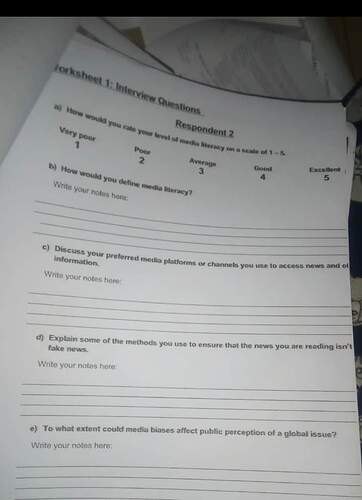The impact of Social media on human rights violations
Answer:
Social media platforms have become powerful tools for communication and information sharing, shaping public opinion, and mobilizing communities. However, they can also be used in ways that contribute to human rights violations. Dimpho1’s statement captured in the image highlights a concerning example of how social media can impact human rights.
In the image provided, a user named Dimpho1 shared a screenshot illustrating what seems to be a disturbing incident of violence or abuse. This raises attention to the potential negative consequences of social media as a platform for spreading harmful content that can incite violence, promote discrimination, or violate privacy rights.
One significant impact of social media on human rights violations is the rapid spread of misinformation and fake news. False information shared on these platforms can fuel hatred, incite violence, and undermine trust in institutions. Additionally, the anonymity provided by social media can embolden individuals to engage in online harassment, cyberbullying, or hate speech, which can lead to real-world consequences for victims.
Furthermore, the use of social media by authoritarian regimes to surveil, censor, and control the population poses a direct threat to freedom of speech, expression, and privacy rights. Human rights defenders, activists, and journalists often face online harassment, threats, and surveillance, limiting their ability to speak out against injustices and hold those in power accountable.
It is essential for social media companies to take responsibility for monitoring and addressing human rights violations on their platforms. Efforts such as implementing strict content moderation policies, promoting digital literacy, and collaborating with human rights organizations can help mitigate the negative impacts of social media on human rights.
Overall, while social media has the potential to be a force for positive change, it also poses significant risks for human rights violations. It is crucial for individuals, governments, and technology companies to work together to ensure that social media is used responsibly and ethically to uphold and protect human rights for all individuals.
